Save Money With Photography
As a professional photographer I hear all the time “I have a digital camera; can take the pictures myself. Why should I pay you?” In fact I was speaking to a potential client yesterday who said exactly that. He is a retired developer who started out as a painter doing very high end residential painting. He has been known to charge as much as $25,000 or more to paint a New York apartment. He understands the idea of a high end service, but more importantly he understands the need for high quality work.
As with painting high quality photography can save you a lot of money in the long run. In the short term, when done correctly and done at the right time, it can make you money too. As my client pointed out it may take him weeks to prepare a space to be painted and painted properly. Some say why bother? The prep work isn’t seen “once you slap a coat of paint over it.” That is sometimes true, for a little while. Over time the lack of preparation can allow heat and moisture to affect the paint and how the paint binds to the surface eventually leading to discoloration, pealing and flaking. Then the prep work, or lack of it, does matter; the initial job may look OK, not fabulous, but OK and the overall quality begins to suffer. Before you know it you have to strip away the ‘old’ paint and start over.
My clients (not this one though) will ask why I need to survey a space before I shoot, or they ask why I can’t just go in a take a few shots and call it done? Sure I can do that but in time, most likely a rather short time, the images will lose their appeal and become dated, dull, and boring. Yet if I prepare for a shoot properly and I work to capture a timeless image I can create an image that will still wow people 100 years from now. Unlike a painter though, my preparation can easily go unnoticed.
There are thousands, maybe millions of professional photographers. But quality photographers are a bit more rare and they almost always are more expensive in the beginning. A quality photographer will spend time, years often, preparing for your photo shoot. Those years are spent learning composition, tone, looking at all the details of an image, the shadows, and most importantly, studying light.
Learning light is the hardest thing there is in photography. It is also probably the most important thing we can learn. I can go into a thousand words and not even scratch the surface of light but photography is the art of capturing light. To capture it you have to understand it and understand how it works; how light and the lack of light affect the subjects you are trying to capture. Learning light takes time and more importantly it takes the ability to see light differently than most people. That is the beginning of the preparation.
Preparation for capturing the image you want and/or need is a matter of taking those years of learning light and composition and incorporating that into generating the image that will be as timeless as possible.
So how does this save you money? We, just like the quality painter whose work need not be done time and time again and will last for a good long time, so shall your images when done by a quality photographer. The images you will get from a quality photographer will do that as well: they will last a very long time. If the right image is created for you it can represent you and your company for years to come. This means that you will hire a photographer less often, though it may be a bit more money in the beginning, the timeless image will not need to be reproduced every six months, a year or more.
So what of the images that need to be created more regularly? How can quality save you money in that case? Simply put they represent your products, your services and ultimately you. Those images that need to be created regularly can be done at a more cost efficient rate when you chose one quality photographer. That person can streamline the process and produce the images you need regularly and reliably. If the quality of their services is consistent, so is your reputation. And what costs more to recreate than your reputation?
Those that value quality, hire it.


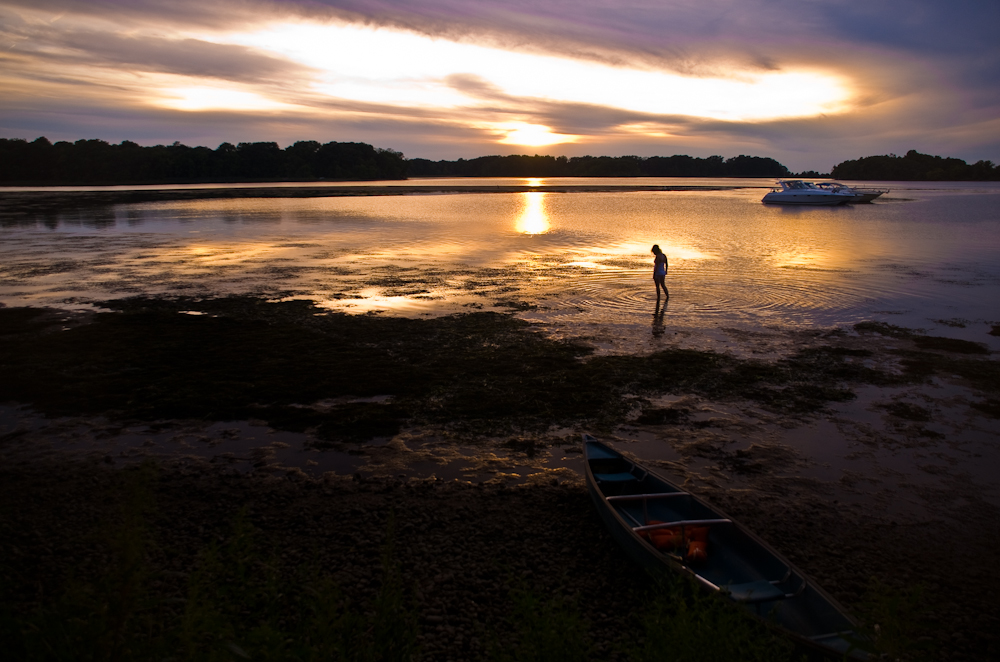
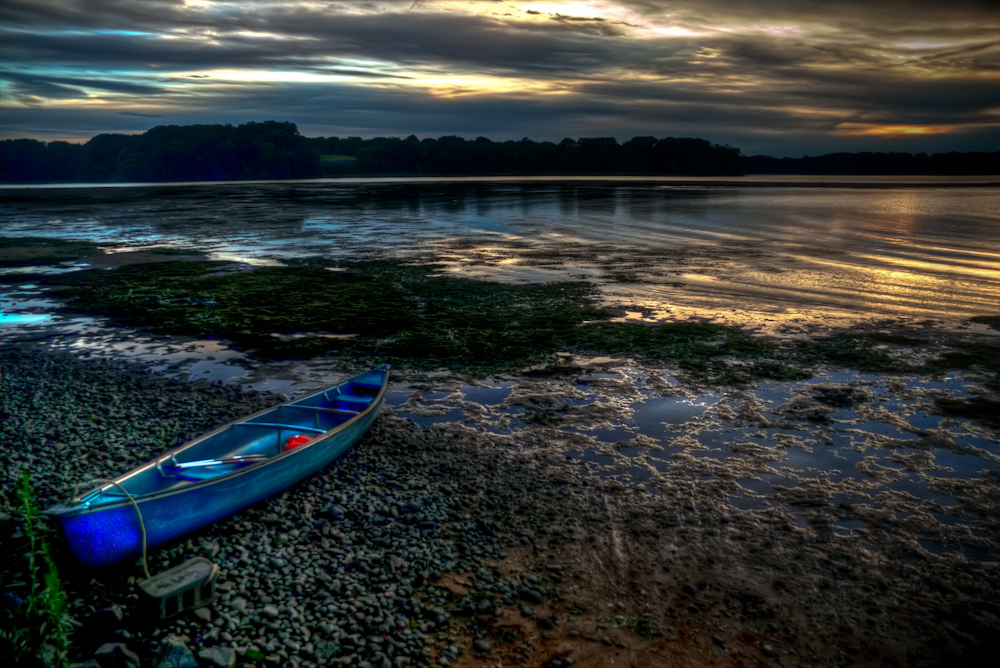

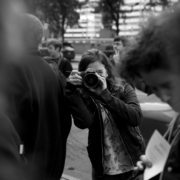
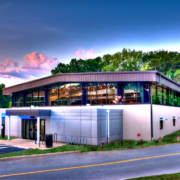




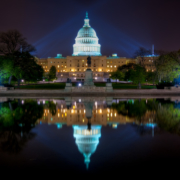


Nice article, Michael, and how true. I think you should showcase your work so others can find you! Check out http://www.albany.com/guide/businessservices_photgraphyprinters.cfm
Destiny, I showcase as often as I can. The only problem with your link is that I am in Philadelphia not Albany NY. But with a name like mine you would be amazed at how often people think I am in Albany not named Albany.
Michael. . . nice article, i like it. what do you have to say to the art buyer or producer who is given a budget and have to stick to it? They might well agree 100% with you, but their hands are tied because they dont make the spending decisions. . .
Tony,
Art buyers/directors do usually agree. In fact they can be the greatest advocates to this issue. When they are put in a position of having a smaller budget there are steps that can be taken to assure high quality imagery. Reduction of the quantity of images, shooting in less time, using alternative subjects (more on that in a second), changes in the creative vision to soften the budget hit, etc.
When using models and such there are alternatives that require a bit more effort on the side of the AD/AB but things can be done. Rather than use highly experienced models that can charge $300 an hour or more from an agency, use models from places like http://www.modelmahem.com, http://www.onemodelplace.com or any of the other sites like them.
Other subjects can be used to reduce budgets too, such as MUAs from the same sources, rather than shoot on location use a studio. A local example for this; let’s say I want to shoot at 30th street station in Philadelphia. The permit fees exceed $1500 just from SEPTA and the fees to the city, Yikes! Shoot in a studio with a set or shoot green screen and Photoshop in the set.
Sometimes these things are not possible to get the shots that are needed. In those cases either the client has to buck up and pay or the shoot doesn’t happen. Not if they want the quality that is. If they are willing to compromise their brand and their business, well there isn’t much you can do. I will pass on a job though rather than do it at a loss though. I run a business and I am not willing to sacrifice the quality of my work. I will work with the client to keep costs down but I don’t want to shoot myself in the foot either. I have bills too. My income has gone down but my rent hasn’t.
Nice article, Michael. Sadly, the “I have a digital camera, I’ll just shoot it myself” type of client is more and more common. People don’t see the difference between a mediocre and a good image, and/or are unwilling to pay the the difference.
I’m reminded of a Daniel Webster quote, when asked by a frugal client why his legal services were so costly. He said, “you’re not paying me for 15 minutes of work – you’re paying me for 30 years of experience!”
Vlad,
If the client can’t see the difference in quality one of a few things can be happening, The client is not paying attention, the differences in quality are usually obvious. Another thing is that if the photographer is good then we need to educate him or her because they are killing themselves and taking us down with them.
As for the 30 years of experience (more in my case), it shows in the work. The quote should be more to the affect of “you’re not paying me for 15 minutes of work – you’re paying me for 30 years of experience AND you will see that in the final results!”
I sometimes get tongue tied when speaking to people when asked this very question. Thank you for putting it out there 😀
I could give many examples of how you could save money with professional photography but my simple answer is:
Well-photographed images are a company’s least expensive and best performing ‘sales associates’!
When a client hires a professional photographer to create a series of images specifically to attract new customers, there are multiple reasons to justify the investment – and multiple uses for the images–brochures, magazine advertising, postcards, direct mail, to name a few.
Well-photographed and well-displayed photography is one of the most powerful marketing tools in any online or retail business. When you visit an on-line store to buy an item, does it concern you when the item is badly photographed or the image is of poor quality? If you saw the same item on another site for a slightly higher price but the image was high-quality and showcased the item to it’s fullest potential. Where would you feel more comfortable spending your money?
How can a company justify not buying the best photography, especially when in many cases on the web, good photography is the only representation they have of the quality of their product?
Consumer confidence is the true value of high quality photography.
Well said Michael. People just don’t realize what it takes to be a real photographer. There are those that think you can just go out and shoot. The proof is in the results. The reality is that many spend years refining their craft and/or school or classes in photography. I often review other people’s work. I examine a number of people of all levels work. The reality is that there is a small percentage that are really good at what they do.
If you look at the work of Playboy for example you a good quality image. If you knew what it took that get that image I imagine your head would roll. Oftentimes these images take 80-100 lights with about three photography assistants which are photographers and a make up artist.
If you look at the work of a landscape photographer you see the results of his work but you don’t see all the planning that goes into it, how the shot is taken at certain times of the day, we don’t see the photographer waiting around for hours to get the right shot. I went to a George Lepp workshop, famous in the landscape industry, do a shoot the Eagles. I kept remember the location but I do remember them spending a certain amount of days in a tent waiting, freezing because of the cold temperatures, for just the right time when the Eagles would arrive and interact with another animal there. I listened to another photographer speak about his work and waiting time to get some great images of birds and how he spent days to get the right shot.
Having worked with and talked to a professional photographer who shot advertising adds. He told me how he set up an advertising shot with lights on a table to light up the areas and products sufficiently to get the best look. He talked how the person hiring him wanted to know how he did it so he could do it himself.
I think the admission of digital photography was a mixed bag. It contributed greatly to the improvement of the average person’s photography but it also gave the illusion that anybody could be a great photographer. All you have to do is point and shoot.
When a professional does a shoot there is more to pointing and shooting. There is lighting, time of day, harsh light vs soft light, using external lights for the best shot, experience with editing programs to improve the shots after the shoot, there is planning, there is examining the subject area for the best angle, there are measurements of light, there could be makeup artists and assistants to help with the shoot, and these are just a few of the things the photographer must be concerned with. If anybody could do it then there wouldn’t be any professionals. It is easy to look at an image that is artfully done and think I could do that. The challenge is being able to reproduce an exact copy of the professionals work. Often much more difficult than one might think.
I hear complaints about how much people have to spend to get the results of a professional. What people don’t seem to realize is the professional photographer spends thousands of dollars on his equipment, he goes to seminars to improve his skills, he probably has had some type of education in the past, he buys editing software that could run in the hundreds of dollars, he spends money on advertising and his website. At the end of the day he has invested quite a bit into his skills and abilities to be able to produce great images.
We have to be realistic here is someone that just picks up an automatic camera as good as an pro with an SLR. The reality is no. The quality of the camera, the lens, the images he or she produces is going to far exceed what that little camera is going to. You get what you pay for and if you want quality you hire a pro for his equipment, his experience, and his expertise.